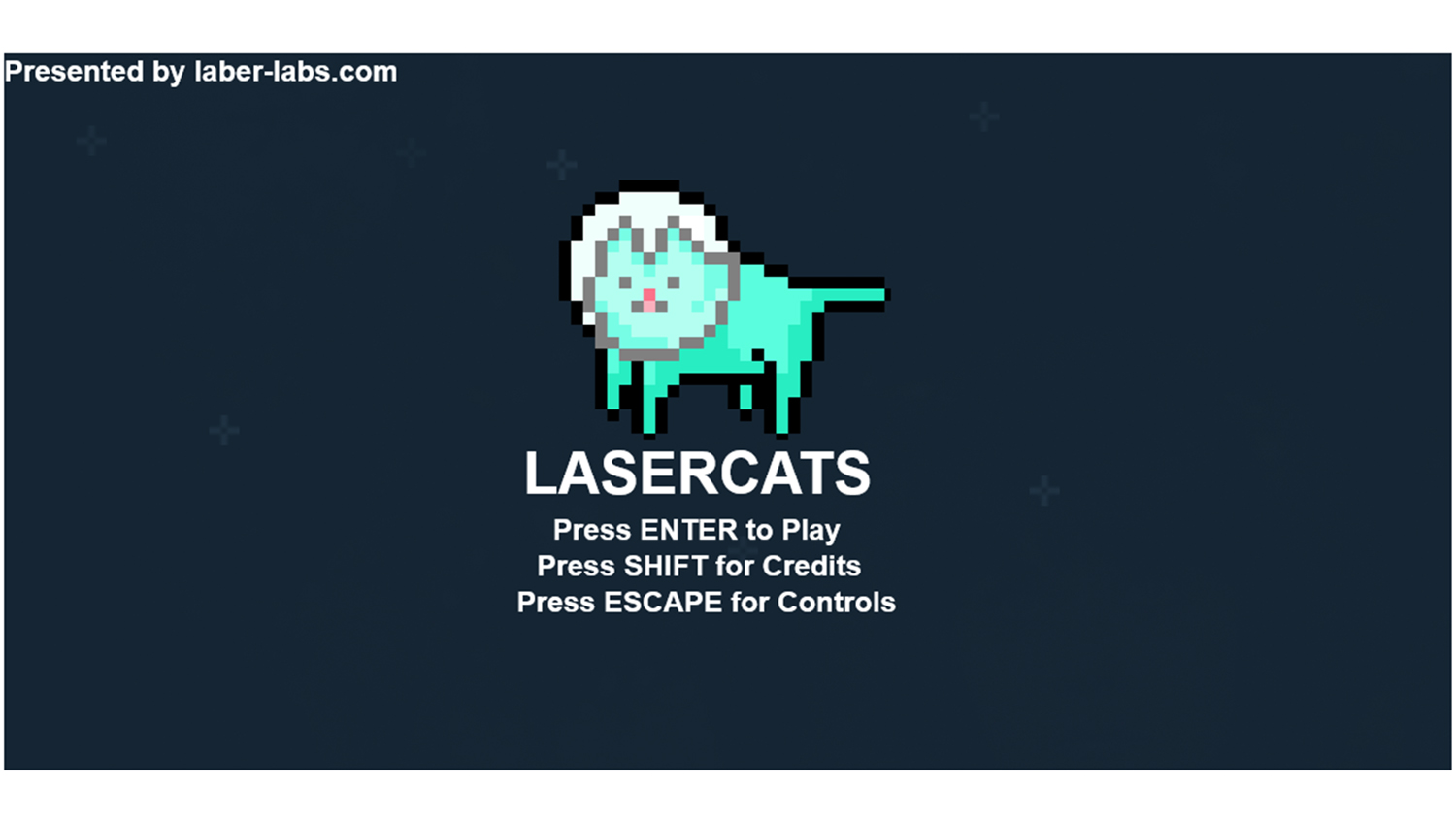Editor’s Note: This is a guest post by Christy Sadler, a writer for NC State’s College of Sciences.
For most people, video games are pure fun — a way to escape. But for Eric Laber, associate professor of statistics at NC State, they are a way to get to the root of complex problems.
Laber’s work stems from his love for video games and a desire to help improve decision making. He explains that if a computer can understand the decisions that are necessary to win a game, then it can apply that same process to understand how humans make important decisions about health care.
One application Laber’s team focuses on is helping doctors make more efficient and reliable decisions to treat serious diseases like cancer and diabetes.
“We take electronic medical records and we take a doctor’s decisions over time, and we try to build a model for how they behave,” Laber says. “We compare different clinicians, and we can extract what’s driving the decisions and any differences they’re making.”
In addition to their research, the Laber Labs group focuses on engaging young future scientists in their work. They have demonstrated their games, such as LaserCats, at STEM-focused events in the Raleigh area, as well as at the USA Science and Engineering Festival in Washington, D.C. They are also developing a virtual summer camp and other initiatives to teach the next generation of scientists new ways to understand and appreciate statistics.
Having fun with his work inspires Laber. “I can’t imagine doing or liking anything as much as I like science,” he says.
- Categories:



